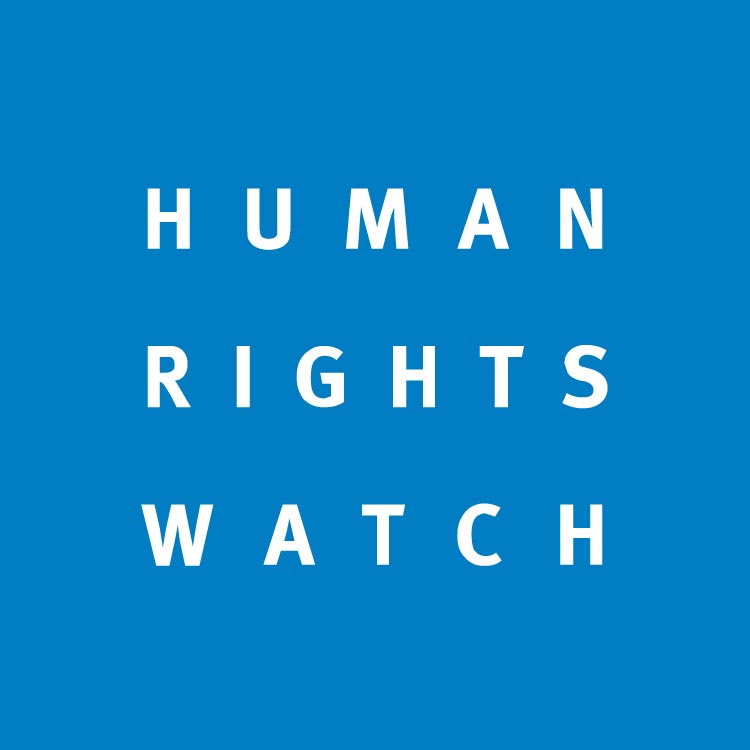Location
Human Rights Watch is a nonprofit, nongovernmental human rights organization made up of roughly 400 staff members around the globe. Its staff consists of human rights professionals including country experts, lawyers, journalists, and academics of diverse backgrounds and nationalities. Established in 1978, Human Rights Watch is known for its accurate fact-finding, impartial reporting, effective use of media, and targeted advocacy, often in partnership with local human rights groups. Each year, Human Rights Watch publishes more than 100 reports and briefings on human rights conditions in some 90 countries, generating extensive coverage in local and international media. With the leverage this brings, Human Rights Watch meets with governments, the United Nations, regional groups like the African Union and the European Union, financial institutions, and corporations to press for changes in policy and practice that promote human rights and justice around the world.
Members:
Resources
Displaying 1 - 5 of 7The Forever Mines: Perpetual Rights Risks from Unrehabilitated Coal Mines in Mpumalanga, South Africa
According to South African government records, there are no fewer than 400 abandoned coal mines.The risks from unrehabilitated mines extend far beyond the people who access the sites –they risk polluting the water of millions of South Africans. Coal across South Africa is found predominantly in ores with sulfur-bearing minerals. When these ores come into contact with water and air, sulfuric acid is created, which can lead to further leaching of heavymetals from ores. This reaction poses significant risks to water and agricultural land in many parts of South Africa, including in Mpumalanga.
I Had To Run Away: The Imprisonment of Women and Girls for ‘Moral Crimes’ in Afghanistan
Hidden in the Mealie Meal: Gender-Based Abuses and Women's HIV Treatment in Zambia
Chop fine: the human rights impact of local government corruption and mismanagement in Rivers State, Nigeria
This Human Rights Watch report examines the misuse of public funds by local officials in the Rivers State of Nigeria’s. It is based on interviews in Rivers state with government and donor agency officials, civil servants, health care workers, teachers, civil society groups and local residents. Also state and local government budgets are analysed.Despite Nigeria’s strong oil industry ordinary Nigerians have derived appallingly little benefit from that wealth and the misuse of public funds by local officials had harmful effects on primary education and basic health care.



